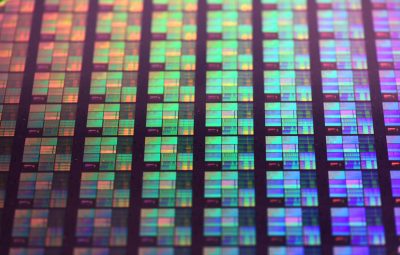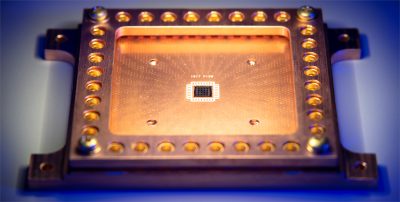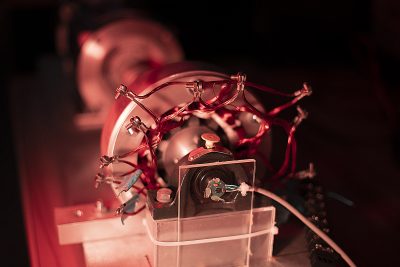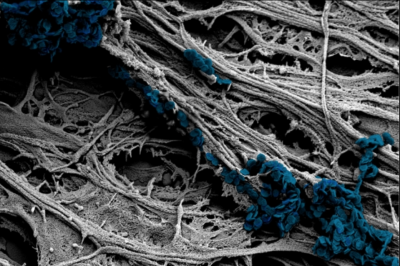
Major Research Themes: Seven areas of Focus
The Research Laboratory of Electronics (RLE) at the Massachusetts Institute of Technology (MIT) currently pursues seven major research themes. These seven themes, in turn, form the major topics that approximately forty research groups, centers and laboratories—most organized around an RLE professor or senior staff scientist—investigate.

Atomic Physics
In this theme, an extensive range of investigations are carried out in ultracold atoms, quantum condensed gases, and atom optics. New methods are being developed for manipulating and probing Bose-Einstein condensed atomic gases and exploring ultracold interactions and collision dynamics. Additional work focuses on atom lasers, atom interferometry, atom waveguides, surface physics, quantum reflection, many body physics in lower dimensions, plasmas, and electromagnetics.

Information Science and Systems
This theme includes a complete range of activities over all aspects of electronics, including structures, devices, and circuits, analog and digital systems, MEMs and bioMEMs, nanotechnologies, numerical and computational simulation and prototyping, biologically-inspired systems, digital signal processing, advanced telecommunications, medical imaging, and the exploration of fundamental issues in wireless networking and devices.

Quantum Computation and Communication
This area of emphasis features efforts in quantum information processing and transmission, with extensive new initiatives in quantum computation, superconducting circuits and understanding and exploiting quantum teleportation.

Energy, Power and Electromagnetics
This theme comprises work in excitonics, studies in the absorption and emission of light, solar cells, disordered and low-dimensional materials, complex nanostructures, organic LEDs, nanowires, hybrid organic-inorganic materials, organic structures and devices, power electronics, signal level control circuits and electronics, system identification and control, continuum electromechanics, and high voltage and insulation research.

Photonic Materials, Devices and Systems
This theme includes significant efforts in integrated photonic devices, modules and systems for applications in communications and sensing, femtosecond optics, laser technologies, photonic bandgap fibers and devices, materials fabrication, laser medicine and medical imaging, and millimeter-wave and terahertz devices.

Nanoscale Materials, Devices and Systems
This theme comprises research in fabricating surface structures at nano scales, nanomagnetics and microphotonics, periodic structures, superconductive materials, and carbon nanotubes.

Biomedical Science and Engineering
This theme encompasses thrusts in bio-inspired electronics and neural prostheses for hearing and sight; nano- and micro-technologies for understanding and manipulating biological processes at the cellular and molecular level; imaging and computational modeling of disease and neuro-anatomical processes; and communication biophysics, including language, speech, hearing and haptics, including speech synthesis and recognition, sensory communication in all modalities, and the physiology of auditory perception and speech production.
